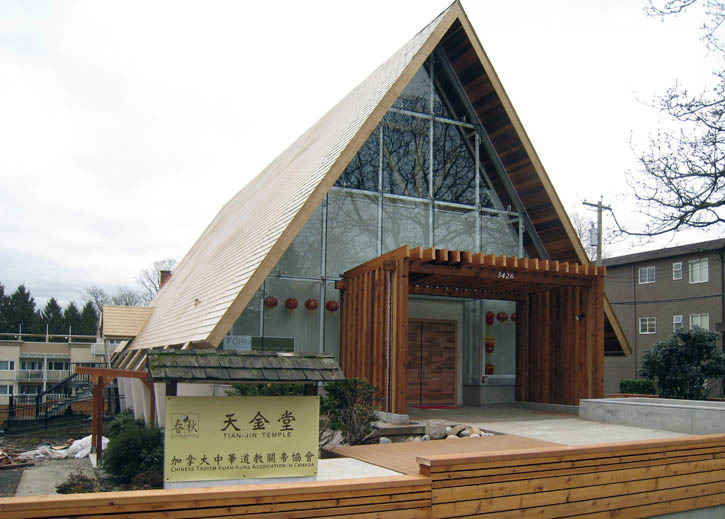“Downsizing” in business is a euphemism for laying people off; it is a deliberate exercise to cut expenses by paying fewer workers; it is usually a survival tactic. In the Anglican church of Canada, “downsizing” seems to be taking the form of consolidating dioceses – and, presumably, laying off employees – because the church has lost many of its customers. As in business, the ACoC is downsizing in order to survive. Whether it should survive is probably a more interesting question than how to make it survive but we’ll get to that in a moment.
Another euphemism adored by business is “global resourcing”. This is code for sending jobs overseas to places where labour is cheap, places like India, Argentina, Brazil, China and so on, and laying off workers where labour is expensive – like North America – in order to make cheaper goods and increase profits. It’s a shame that the Anglican Church of Canada isn’t considering global resourcing – to Africa, for example – instead of downsizing. There would be two benefits:
African Anglicans know how to make churches grow; this is mainly because – to use a business illustration again – unlike their North American counterparts, they actually believe in what they are selling.
African Anglicans would turn the ACoC into something that might be worth saving rather than what we have now: a weekly pantomime of largely effeminate priests in fancy dress engaging in an aesthetic posturing whose underlying meaning was abandoned around the turn of the 20th century. They would turn it into something that should be saved, something that God would bless.
From here:
The lean-and-mean sort of downsizing that has marked corporate Canada of late may be poised to affect the ecclesiastical province of Canada—reducing the number of its dioceses so it can carry out God’s mission more efficiently.
Delegates to the September 2012 provincial synod will consider this possibility as one of several motions from the province’s governance task force aimed at reforming church structures to enhance mission.
According to a background note to the notice of motion, the proposal “recognizes the changing demographic of the Anglican Church within the ecclesiastical province of Canada in terms of both decreasing numbers and the increased cost of providing ecclesiastical services within our seven existing dioceses.”
The province comprises the country’s seven easternmost dioceses: Montreal, Quebec, Fredericton, Nova Scotia and Prince Edward Island; and Western Newfoundland, Central Newfoundland and Eastern Newfoundland and Labrador.
A new configuration might see these dioceses merged into three: Montreal with Quebec; Fredericton with Nova Scotia and Prince Edward Island; and all three dioceses of Newfoundland and Labrador: Western, Central and Eastern.



